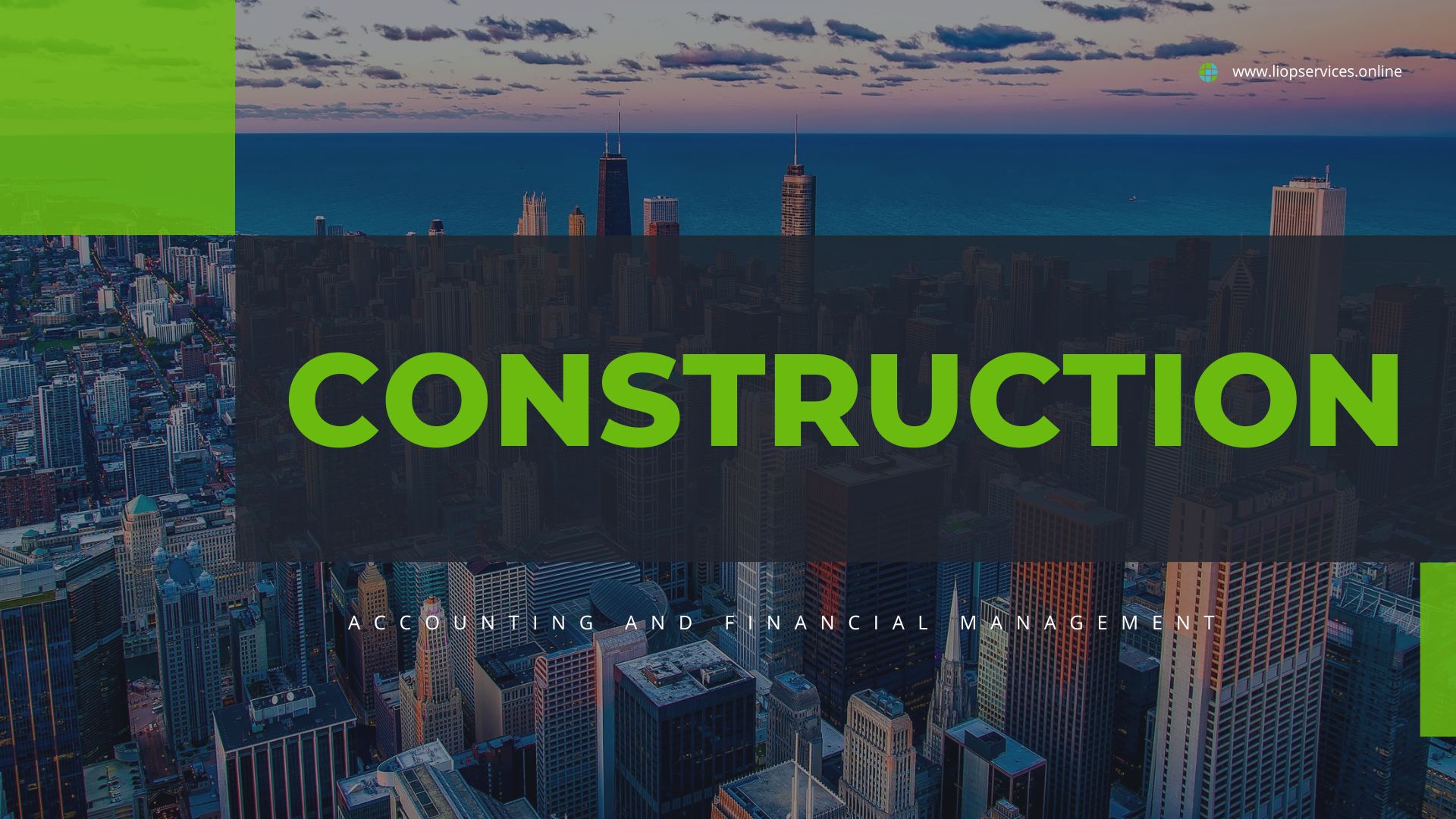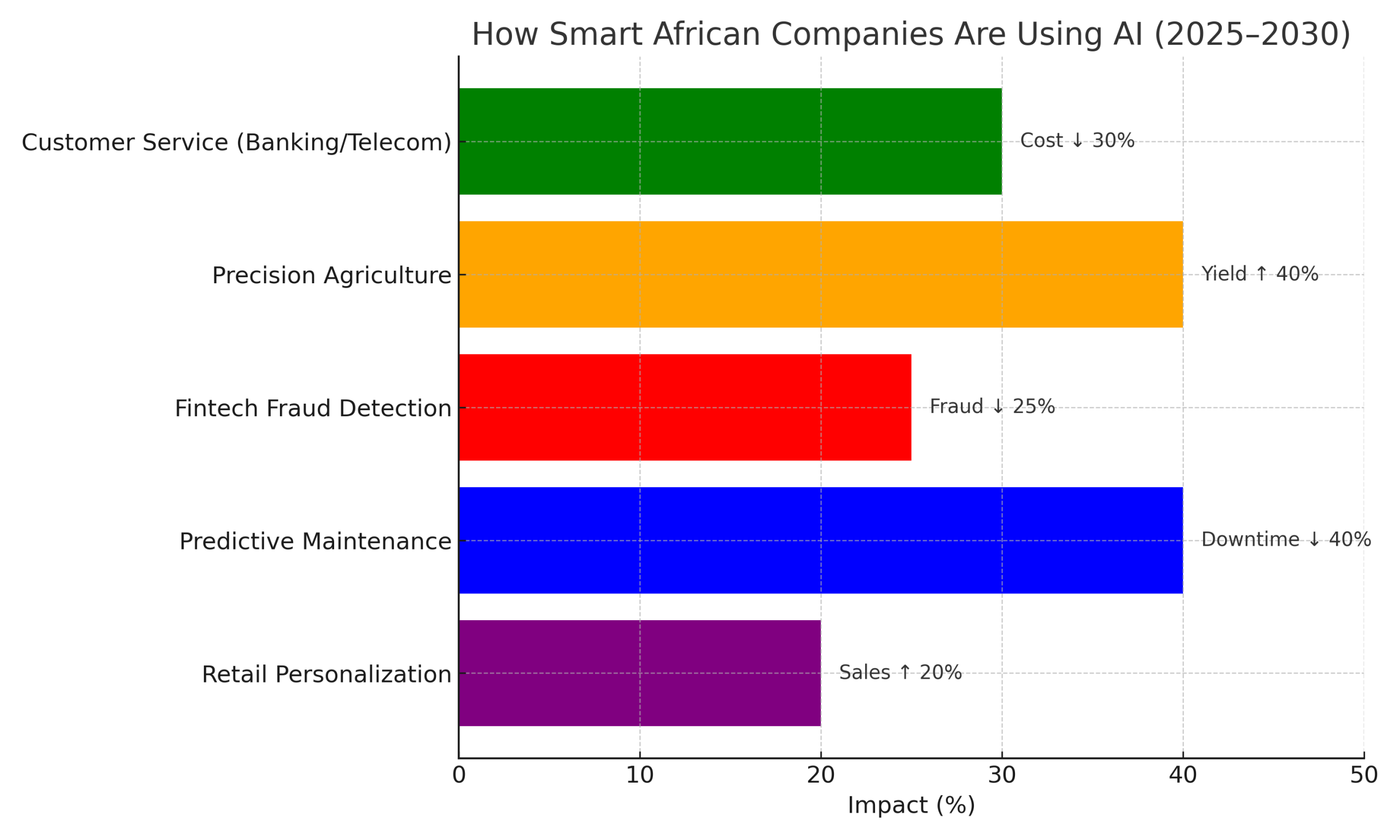This is series of the many articles to follow on the construction and real estate industry. Be sure to follow our social media pages and website for updates.
CONSTRUCTION ACCOUNTING
Understanding the specialized nature of the construction business will set you apart from the competition. Make sure to follow our social media pages and website blog so you don’t miss continuation articles. In time, you will be on your way to making sound Construction Financial Management decisions like a pro.
First let’s start with the basics.
Construction accounting is the specialized field of accounting that deals with the financial management of construction projects and companies. It helps in tracking and reporting financial transactions, budgeting, forecasting, cost estimating, and cash flow management, compliance with tax and regulations, management of accounts payable and receivable, and payroll
What is financial management in the construction industry?
Financial management in construction refers to the process of managing and controlling the financial aspects of a construction project. This includes budgeting, forecasting, cost estimating, cost tracking, and financial reporting. It is important because it helps ensure that the project stays within budget, that financial resources are allocated and used efficiently, and that the project’s financial performance can be effectively monitored and reported to stakeholders. By effectively managing the financial aspects of a construction project, financial management allows project managers to make informed decisions, minimize financial risks, and ultimately improve the overall performance and success of the project.
Why is Construction financial Management unique?
Construction financial management is unique because it involves specific financial considerations and challenges that are not present in other industries. Some of the reasons why construction financial management is unique include:
1. Long-term projects: Construction projects can often take months or even years to complete, which can make it difficult to accurately forecast and manage costs.
2. Uncertainty: Construction projects are often subject to change orders, delays, and other unforeseen events that can make it difficult to accurately estimate costs and manage cash flow.
3. Complex billing systems: Construction projects often involve multiple billing systems, such as progress billing and cost-plus billing, which can make it difficult to accurately track and report financial information.
4. Job cost accounting: Construction financial management involves tracking and reporting the costs associated with specific jobs or projects, which is different from traditional accounting methods.
5. Multi-party transactions: Construction projects often involve multiple parties such as architects, contractors, and subcontractors, which can make it challenging to accurately track financial transactions.
6. Compliance with laws and regulations: Construction projects must comply with a wide range of laws and regulations, including tax laws, safety regulations, and environmental regulations, which can make it difficult to maintain accurate financial records.
7. Risk Management: Construction projects also involve a significant amount of risks and uncertainty, which can be financial. Construction financial management involves identifying and managing these risks to minimize potential losses.
8. Project Financing: Financing a construction project is different than financing other types of businesses or projects. Construction financial management includes identifying, evaluating, and securing financing options that are appropriate for the project, such as construction loans and bonds.
All these reasons highlights that construction financial management is unique as it involves specific financial considerations and challenges that are not present in other industries, and that’s why it requires specialized knowledge and skills
Watch out for my next blog where I talk about cost management






